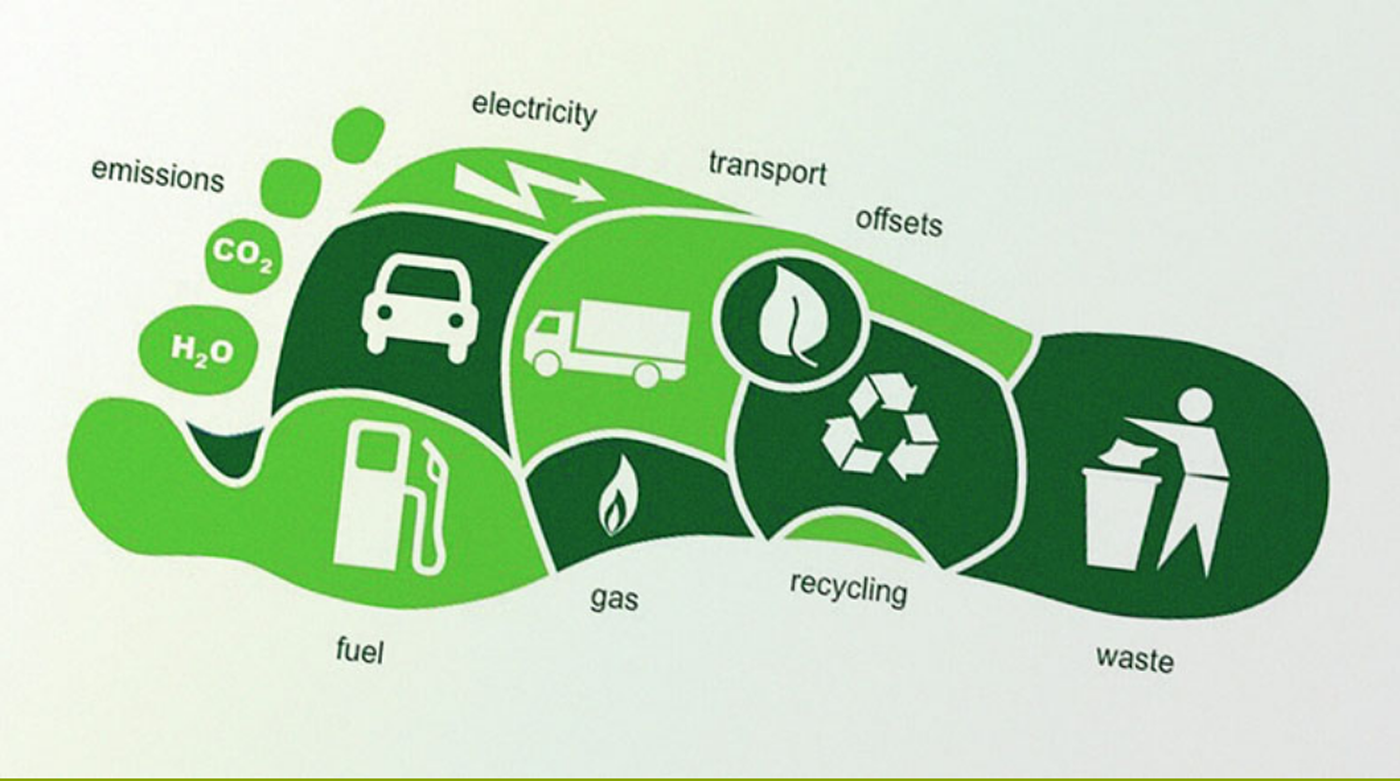Traveling is often seen as an exciting adventure, filled with opportunities to explore new places, immerse oneself in different cultures, and create lasting memories. However, amidst the excitement, it's important to remember the significant impact that travel can have on the environment, particularly in terms of carbon emissions.
Factors such as mode of transportation, accommodation choices, eating habits, and even packing decisions all contribute to a traveller's carbon footprint. To minimize this impact, several strategies can be adopted to make travel more eco-friendly.
1. Choose Greener Transportation: Opt for modes of transportation with lower carbon emissions, such as trains, buses, or carpooling, whenever possible. These alternatives can significantly reduce CO2 emissions compared to air travel.
2. Select Eco-Friendly Airlines: When flying is unavoidable, choose airlines that prioritize sustainability initiatives, such as fuel-efficient aircraft, recycling programs, and the use of biofuels.
3. Fly Economy and Direct: Economy class seats have a lower carbon footprint compared to business or first-class seats. Additionally, flying directly reduces emissions associated with takeoff and landing.
4. Pack Light and Rent Equipment: Minimize luggage weight to reduce fuel consumption. Consider renting bulky items like sports equipment at your destination to further reduce weight and emissions.
5. Offset Carbon Emissions: Purchase carbon offsets to neutralize the environmental impact of unavoidable emissions from air travel. These funds support projects that reduce greenhouse gas emissions elsewhere.
6. Stay in Green Accommodations: Choose hotels and resorts that have implemented environmentally-friendly practices, such as LEED certification or sustainability initiatives.
7. Conserve Energy and Water: Practice energy and water conservation habits in accommodations, such as turning off lights and appliances when not in use, and reusing towels and linens.
8. Eat Local and Plant-Based: Support local food producers and opt for plant-based meals whenever possible to reduce the carbon footprint associated with food transportation and livestock production.
9. Use Sustainable Transportation: Explore destinations on foot, by bike, or using public transportation to minimize carbon emissions from taxis and ride-hailing services.
10. Pack Reusable Items: Bring reusable items like water bottles, coffee cups, and shopping bags to reduce waste generated during travel.
11. Opt for Eco-Friendly Activities: Choose eco-friendly tours and activities that support conservation efforts and minimize environmental impact.
12. Offset Remaining Emissions: Calculate your carbon footprint using online calculators and purchase carbon offsets to support emission reduction projects.
By adopting these practices, travellers can minimize their environmental impact and contribute to a more sustainable future for travel. Remember, every small action counts towards reducing carbon emissions and preserving the planet for future generations.








